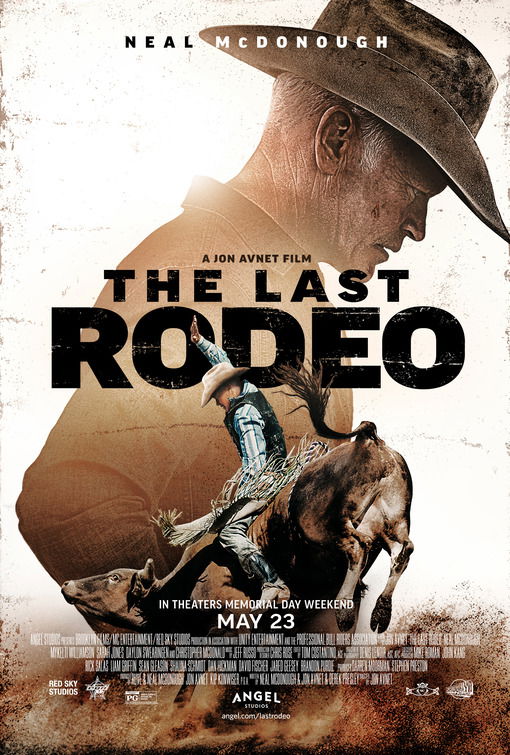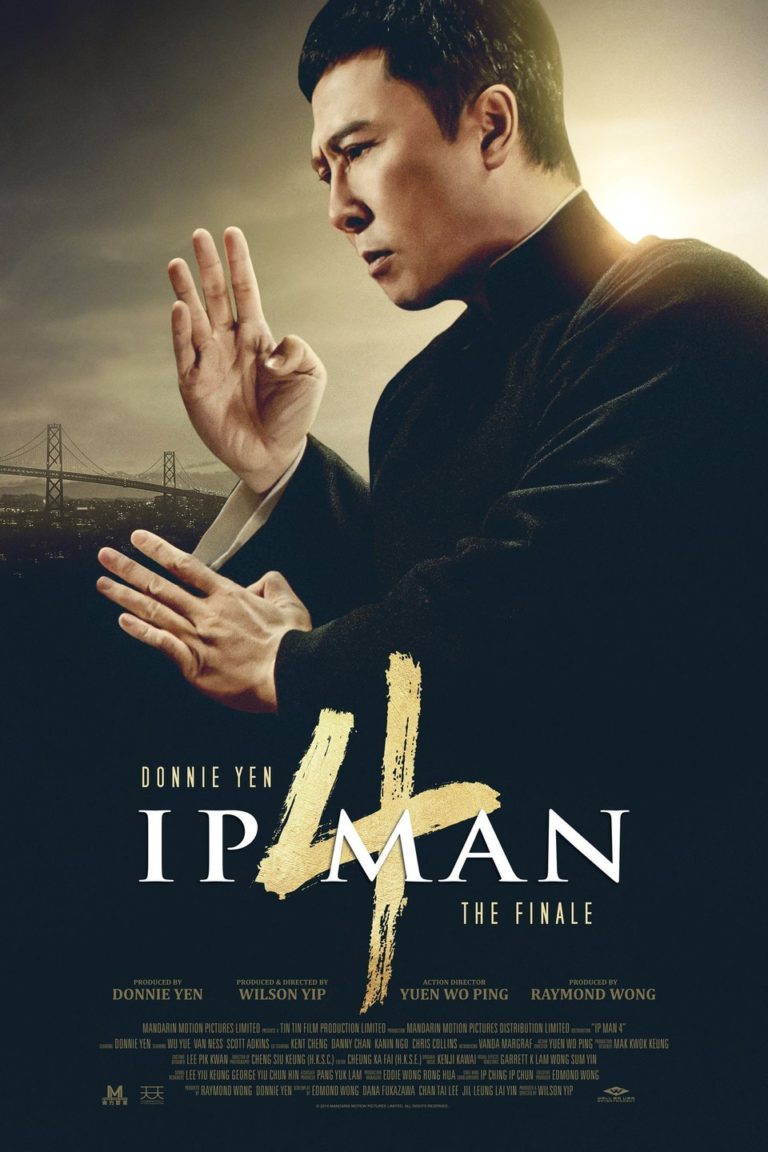“The Grass Is Not Always Greener on the Other Side”
What You Need To Know:
IP MAN 4: THE FINALE is nicely photographed, with a compelling story. Led by Donnie Yen as IP Man, the Asian actors are very good, but the acting by the American actors is very uneven. Despite this, the martial arts action in IP MAN 4 is superb, though intense and sometimes brutal. IP MAN 4 has plenty of jeopardy and effective personal drama. The ending has a touching scene of reconciliation. However, the story is politically correct and anachronistic, and demands extreme caution because of strong foul language and violence.
Content:
Light Romantic worldview with strong politically correct leftist elements where white men are prejudiced in an over-the-top and unrealistic manner, some light Kung Fu Eastern mysticism, and some moral elements that lead to some reconciliation between a father and son and between two men, and Chinese man has to earn respect from American soldiers
13 obscenities (a few “s” words, many “h” words, some “a” words, and an SOB), one GD profanity, two light profanities, and some racial insults
Lots of intense and sometimes brutal martial arts fighting in at least five major fight scenes that include punching, kicking, punches to the throat, and attempts to break limbs, plus high school male and female bullies attack a Chinese teenage girl, but she cuts one female bully’s face after the bully tries to attack her with a knife, a man punches bullies to stop them, men use Kung Fu to push a ceramic and glass table top against one another in a test of wills until the glass breaks, and an earthquake occurs
No sex
Upper male nudity in one scene
No alcohol use
Brief smoking but no drugs; and,
Bullying and racism but rebuked, lying, and teenage rebellion by boy teenager and teenage girl.
More Detail:
The movie opens in Hong Kong. Ip Man, who’s secretly been diagnosed with throat cancer, gets into an argument with his rebellious teenage son, Ching, who’s tired of school and wants his father to teach him King Fu. The argument starts because Ching keeps getting into fights a school with other boys. This time, he’s been expelled. Man wants his son to keep going to school, but Ching wants his father to train him in Kung Fu. During the heat of the argument, Man slaps Jing.
Based on the experiences of other rebellious young men in Hong Kong, Man decides to try to find an American school for his son to attend. Fortuitously, Bruce Lee just sent him ticket to attend a Kung Fu tournament in Seattle.
When he arrives in Seattle, however, Man discovers that, in order to get a visa for his son, he has to get permission from the chairman of the Chinese Benevolent Association (CBA). Sadly, the chairman hates Bruce Lee’s efforts to make Kung Fu popular among white and black Americans. Americans are all racist, the chairman believes, and will never accept the Chinese people or their ways of life. Man agrees with Bruce Lee, though, so the chairman denies Man a letter of recommendation for his son.
Making matters worse, one of Bruce Lee’s Asian students happens to be a United States Marine who’s in some trouble of his own. He wants the Marines to adopt Kung Fu in its martial arts training, but the head drill instructor is a racist who thinks Karate is far stronger than Kung Fu on the battlefield.
Eventually, Man must fight both the CBA chairman and the Marine drill instructor in martial arts duels to gain respect for himself and for Chinese Kung Fu.
IP MAN 4: THE FINALE is nicely photographed, with a compelling story. Led by Donnie Yen as Ip Man, the Asian actors are very good, but the acting by the American actors is very uneven and sometimes a little hokey. This is probably because of the language barrier. Despite these problems, the martial arts action in IP MAN 4 is superb, though very intense and sometimes brutal. For example, Man agrees to fight the Marine drill instructor no holds barred. Another problem is, at the time of this story, 1964, Man was actually a 71-year-old man, but the actors playing Man and the Marine drill instructor look like they’re in their late 40s or early 50s. So, IP Man 4 is more like a martial arts fantasy than a real biography.
IP MAN 4 has plenty of jeopardy and effective personal drama. The ending has a touching scene of reconciliation between Man and his son. However, the story is a bit politically correct and anachronistic. Thus, the movie’s racial conflicts are treated too much in terms of today’s leftist identity politics rather than the 1960s Civil Rights battles, which were a battle against forced segregation and prejudice in favor of integration and brotherhood. Ultimately, IP Man learns that the grass isn’t always greener on the other side


 - Content:
- Content: 






